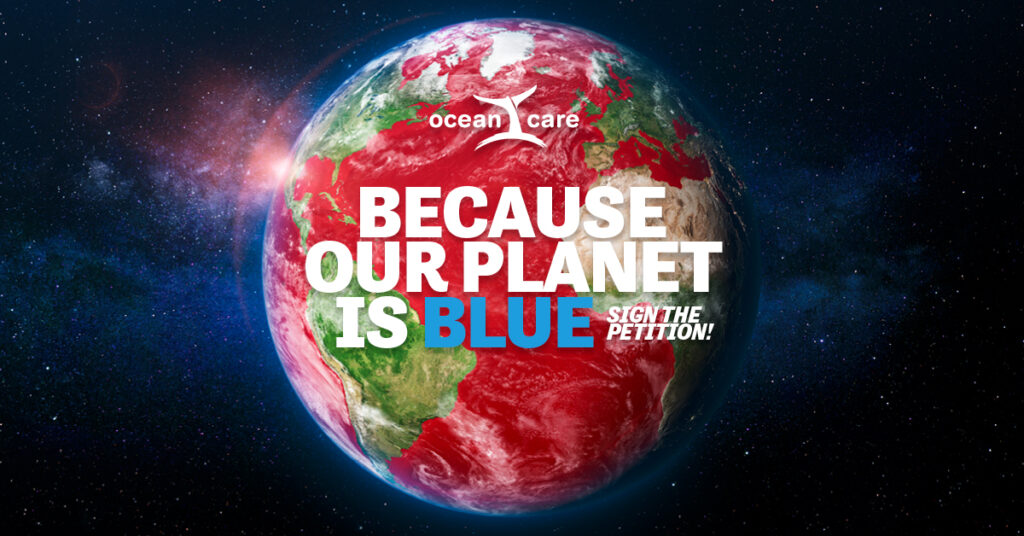About 200 sperm whales are left in the eastern Med Sea. The high-tech system «Save Whales» warns ship captains when whales are present.
In many marine regions, ships collide with marine life such as whales, dolphins, sea turtles, sea lions or sharks. The size and speed of ships increases the risk of a collision. Animals are struck or injured by the ship’s propeller. In most cases, the strikes prove to be fatal.
Ocean Custody is making great efforts to minimize the risk of ship collisions with marine animals. Together with scientists and partner organizations, we are developing solutions that we communicate directly to the shipping sector and to governments. In this way, we effectively save lives and do everything in our power to prevent endangered whale populations from extinction.
The whales need us!
one-off
regularly
